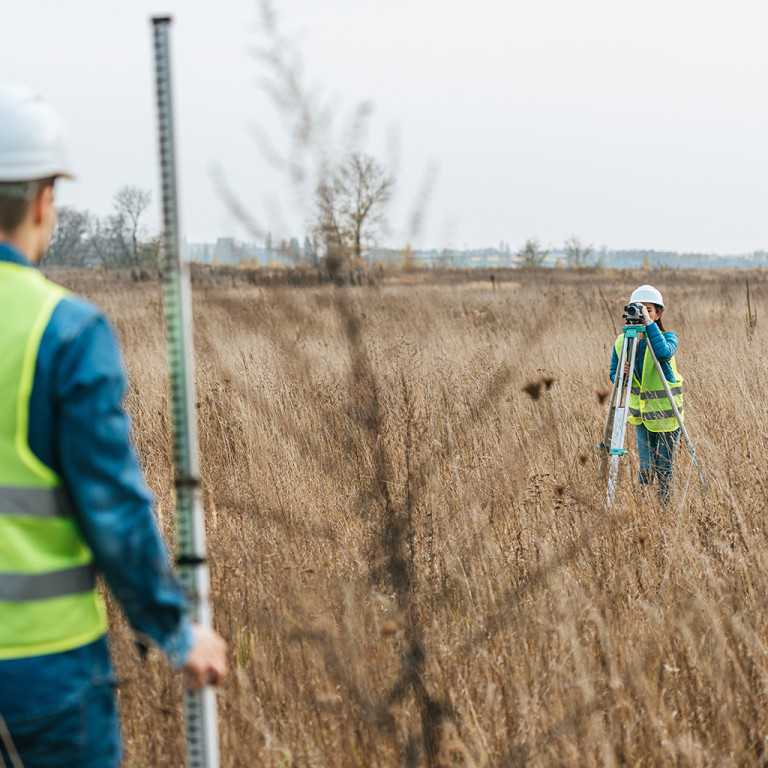Planning applications can take several months, if not years, to be decided and during that time it is common for the proposed original scheme to be altered, especially in large developments.
But what steps do you need to take if you want to alter the scheme after planning permission has already been granted?
Can I amend my planning permission?
There are a number of ways in which a planning permission can be amended but the specific options available to you will depend on the nature of the amendment you are proposing.
If the proposed amendment is non-material in nature, then the Local Planning Authority has the power to make a non-material amendment to the planning permission under Section 96A of the Town and Country Planning Act 1990.
What is a non-material amendment?
There is no statutory definition of a non-material amendment, but they are changes considered to be minor and do not significantly change your permission. Your Local Planning Authority will consider the application in the context of the development as a whole, which means that each application is specific. There is no right of appeal against the Local Planning Authority’s decision not to treat an amendment as non-material other than by Judicial Review.
My amendments aren’t non-material, what should I do?
If your proposed amendment is not non-material but would require the variation or removal of a condition to the planning permission, then you may be able to amend the planning permission via a section 73 application. If approved, this type of application would result in new planning permission being granted for the amended development with the required condition varied or removed (as the case may be).
What is a Section 73 application?
A Section 73 application does have its limits, however. It can only be used to vary or remove a planning condition. It cannot be used to amend the description of the development approved by the planning permission.
If your proposed amendment would require a change to the approved description of development, then it is likely you would need to submit a new planning application. In some cases, where the required amendment to the description would be non-material, you may be able to amend it via a non-material amendment under Section 96A of the Town and Country Planning Act 1990. If granted, the non-material amendment could then be followed with a Section 73 application to vary or remove any planning conditions as needed.
Find out more
Our experienced team of planning lawyers are on hand to advise on any questions or advice you need on planning permissions.






